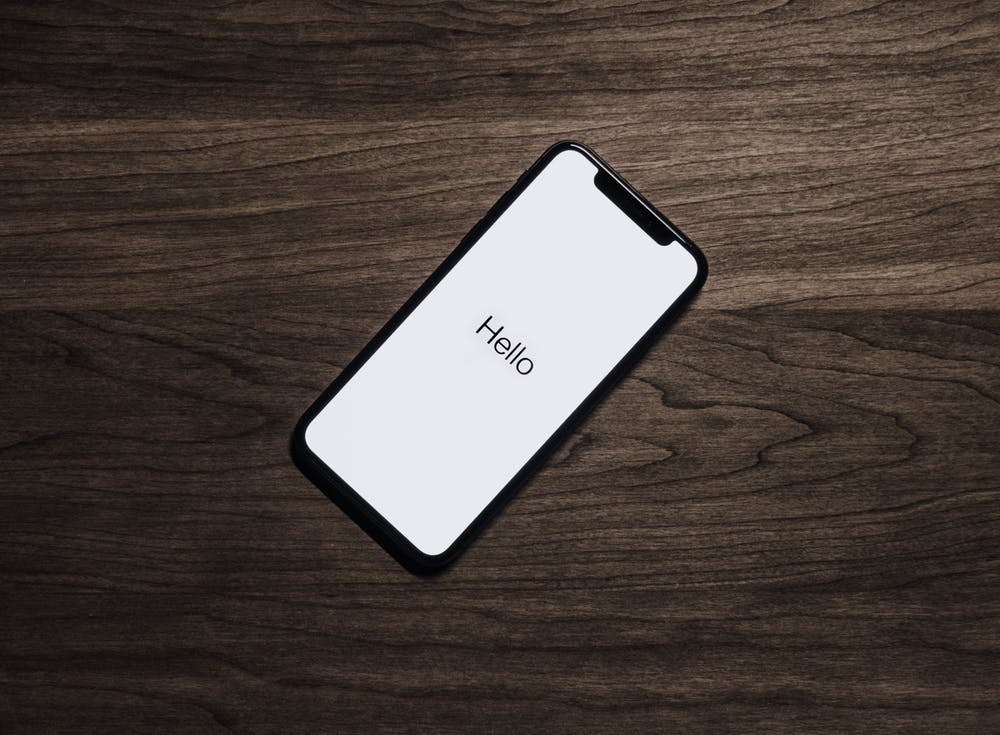Mobile Security and Threats
In our technological modern day, no one would be caught dead without their mobile device. These portable, easy-to-use computers go wherever we go. Around 17 billion people have smartphones, and nearly 80% of online searches are done on a mobile device. Cell phones have made life and work easier for many Americans.
Unfortunately, smartphones and tablets are at risk when it comes to data breaches and hacks. In fact, they may be more at risk than at-home computers simply because of their prevalence. These are the top mobile security risks with tips on how to stay safe when faced with them.
Mobile Application Security
Applications downloaded onto your smartphone or tablet are always a potential risk. Some applications are riddled with viruses and malware. These steal private data, increase your phone bill, and send malicious malware to your contacts. Other applications have bugs and holes in their code that allow exploits and hacks, others require you to forfeit your personal data and administrative privileges to even function!
Security Tip: Therefore make sure to read the reviews for every application you download, as those with malware may have a review that mentions this. Also, double check the permissions that any application asks for, both before downloading and after every update.
Viruses on Mobile Devices
Cell phones and tablets are just as susceptible to malware and viruses as computers, and may even be more so. Unsecure Wifi connections, malicious websites, and phishing emails and texts are all avenues by which hackers can steal your data. Applications and other downloads can inject viruses into your smart device, and those viruses can compromise not only your personal data, but business and client information as well.
Security Tip: Always double-check the number or email that messages are sent from. Be careful what you access through unsecure WiFi and phone networks, and never visit websites that don’t have a security certificate (any website with HTTP, as opposed to the secure HTTPs).
A Lost or Stolen Mobile Device
Losing a device can be a terrifying, stressful experience. Losing your phone, or even having it stolen, can be the biggest risk to your data and information. Because many applications save your login data, thieves will have unhindered access to your personal files, contacts, information, emails, and more.
Security Tip: Keep an eye on your mobile devices, including when sharing information with coworkers, friends, and family. Make sure that your devices have a lockscreen with a strong password. Steer clear of biometric (fingerprint) locks as your fingerprints can easily be lifted and used without your knowledge. A tracking application can help you locate a lost or stolen phone from another device, and a ringer that bypasses your phone’s silent function can alert you to the location of your lost phone if it’s nearby. If you’ve lost your device or had it stolen, consider changing passwords across all of your accounts. Having apps that require their own authentication is also advised.
Using Your Phone to Strengthen Online Security?
You now know how to keep your mobile data secure, but did you know that you can use your smartphone as a tool to keep your identity safe as well? Your mobile phone is a powerful tool to strengthen your login credentials; by using your phone in two-factor authentication or multi-factor authentication solutions, you can make it much more difficult for hackers to access your accounts online. When kept safe and secure with these tips, your phone can be a valuable security tool.

Passwordless Authentication for Mobile Security
The safest login solution online is through passwordless authentication. Using TraitWare’s patented login system, your phone becomes the key that allows you to log into accounts across the web. No more remembering or losing password notes or worrying about losing your login credentials to hackers.
Use your mobile device to keep your accounts and information safe through TraitWare’s passwordless authentication, and keep your cell phone or other devices safe with our mobile safety tips.
